It looks like HBO has its next big hit. The American network which brought us The Sopranos, The Wire, Game of Thrones and Succession revolutionised what multi-episode television drama could be before the streaming era began.
This week it debuted another great show which rails against expectations.
The Last of Us (Sky Atlantic) is a product of two genres which suggest anything but critical acclaim.
Playstation game
It’s an adaptation of the 2013 Playstation video game of the same name – one of the most successful and acclaimed video games ever, in fact, although it’s impossible to name another onscreen game adaptation which wasn’t just simple, silly fun.
It’s also a zombie thriller, which is a genre that’s long since been run into the ground after its revival in the 2000s.
After 28 Days Later, World War Z and endless series of The Walking Dead, it feels there’s nowhere else zombies can go and no need for anyone to try any time soon.
The Last of Us may not be a new and innovative take on zombie horror, although the very first prelude scene clearly tells us this story’s going a stage further.
Pandemic threat
It flashes back to a television talk show in 1968, where an epidemiologist played by Scotland’s own John Hannah discusses future pandemic threats to humanity.
He isn’t worried about viruses. Instead, he talks about a fungus which infects an ant’s mind, making it feed even as its body decays, all the while spreading the fungus.
Might this adapt to humans if conditions change by, for example, the Earth heating up? As openers go, it feels frighteningly current.
There are two flash-forwards in the first episode, the first at the turn of this century.
It shows ordinary Texan guy Joel (The Mandalorian’s Pedro Pascal, a go-to actor for gritty, troubled middle-aged men), his daughter Sarah (Nico Parker) and brother Tommy (Gabriel Luna) on the day the inevitable fungus-zombie apocalypse arrives in dramatic fashion.
The second shift brings us up to a present day which is completely unrecognisable from our own.
The decrepit, run-down Boston is a police micro-state, walled-off against the infected outside world, with strict penalties for entering or leaving the community.
Now Joel is a gun-toting smuggler alongside his partner Tess (Anna Torv, always excellent).
Zombie horror
Both are charged by a rebel leader with transporting a special 14-year-old named Ellie (Bella Ramsey) halfway across the country, and we leave them as they set out on their journey.
Of course there’s plenty of zombie horror, from the huge spectacle of a jumbo jet crashing into a thronging street of infected, to the simple terror of sneaking through an elderly neighbour’s house, unsure of what awaits.
Yet the big deal here is that writers and showrunners Craig Mazin and Neil Druckmann (creator of HBO miniseries Chernobyl and writer of the original game, respectively) have developed a story which is incredibly rich in character.
The stakes are high, personal tragedies hit hard and human responses to the crisis are often even scarier than the disaster itself.
It’s a gripping, addictive piece of television, and once you get into it, you won’t care what its origins are.
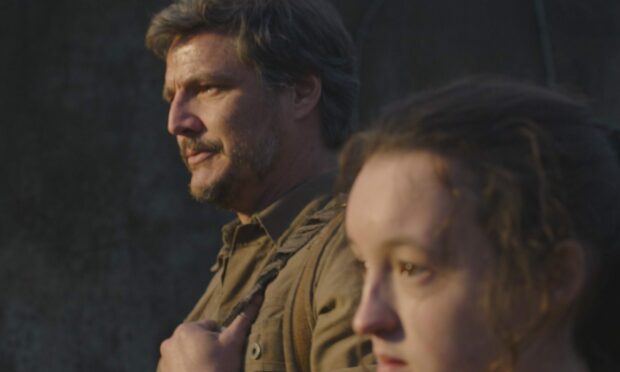
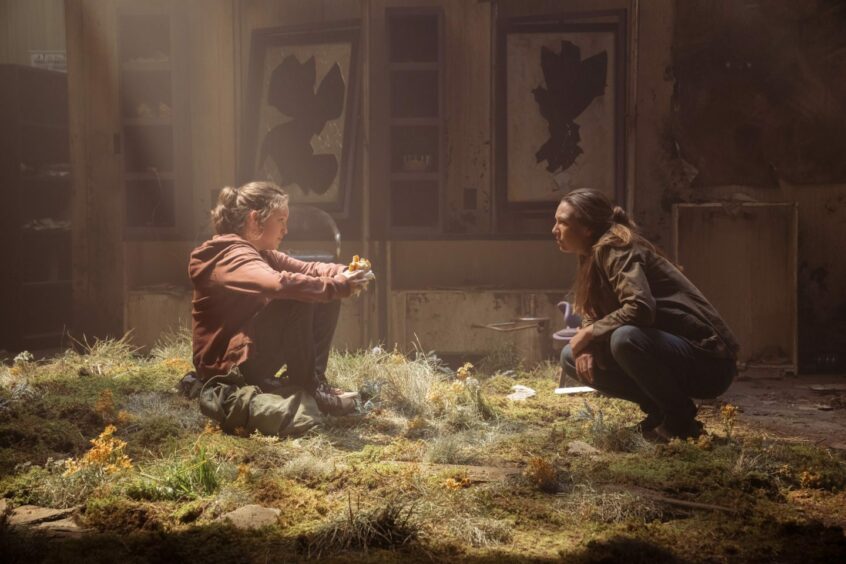
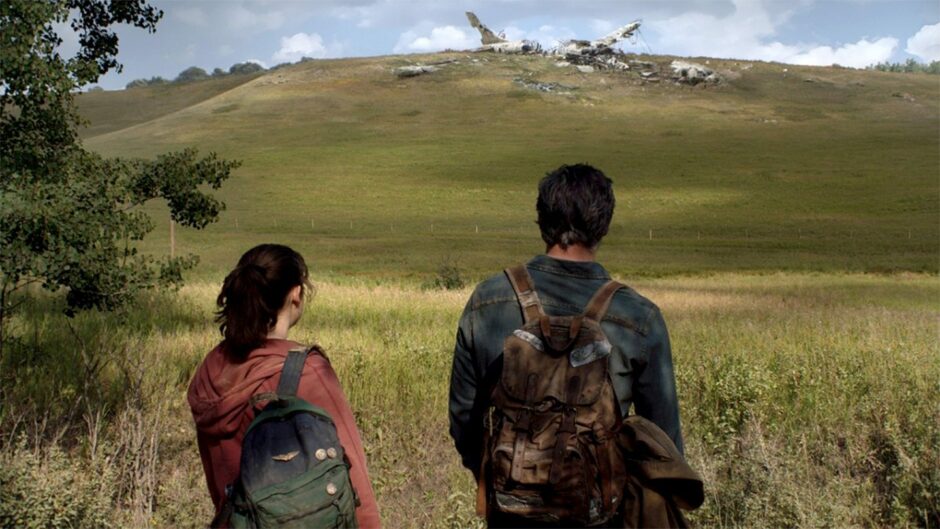

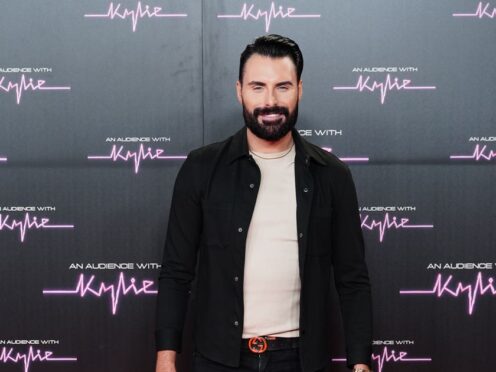




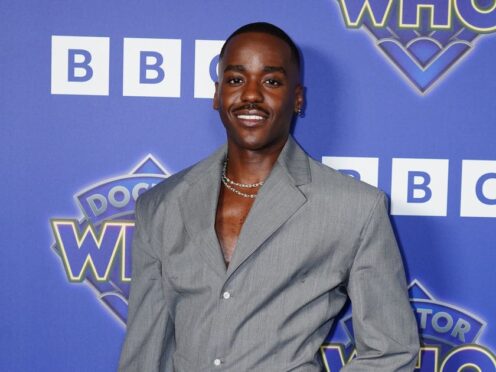

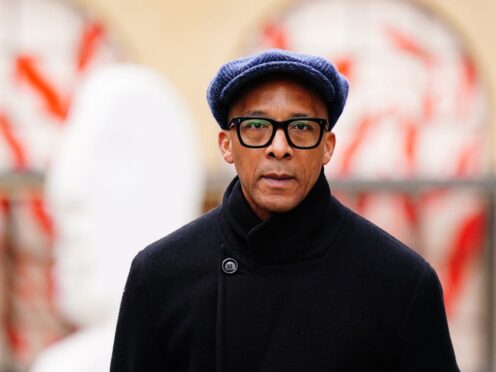
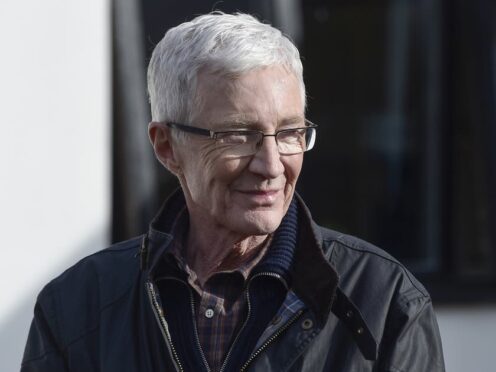
Conversation